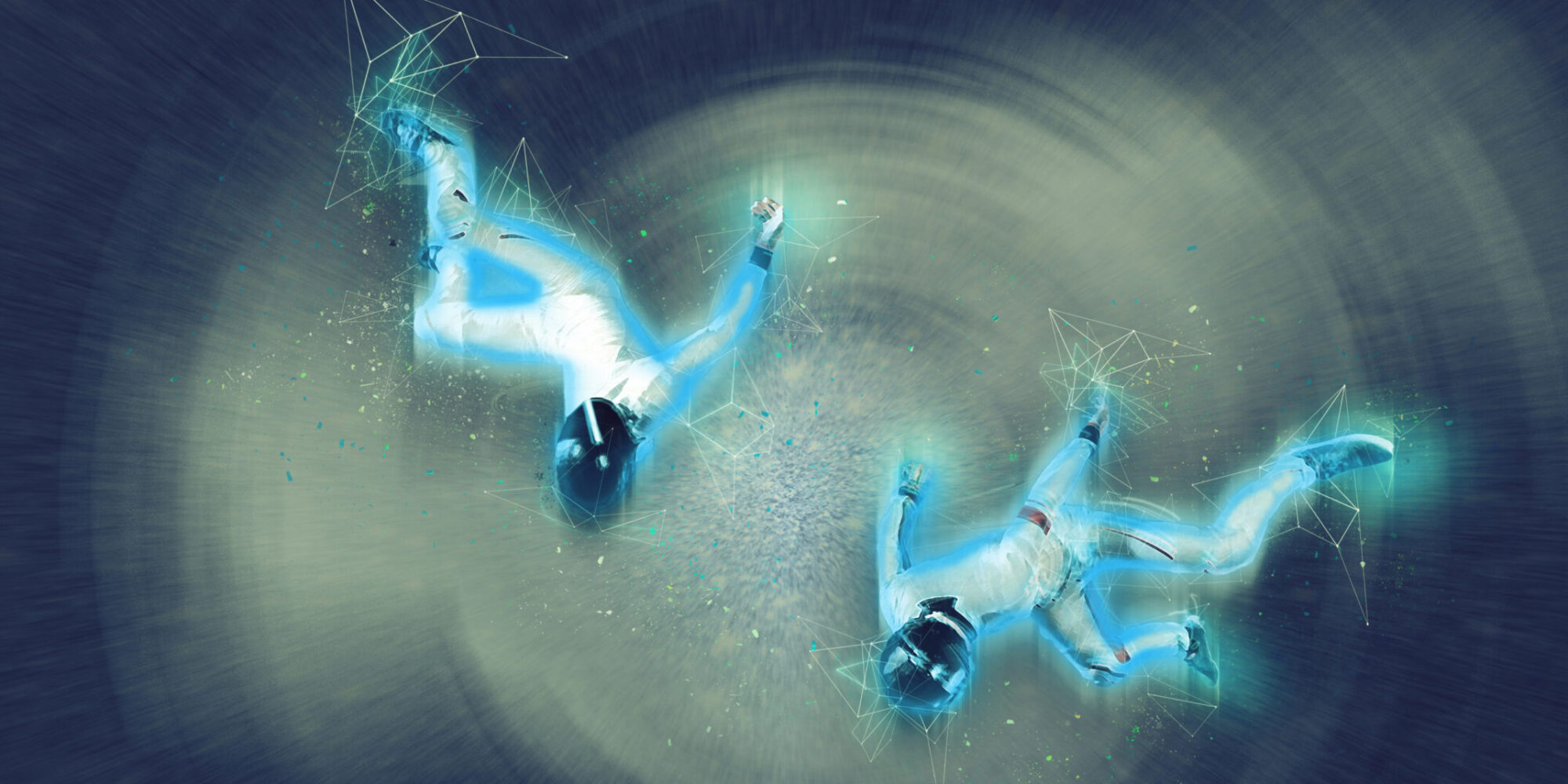The dizzying free fall of Quantum Bayesianism
Seeing | Quantum Mechanics | 2023-06-25

In conversation with Prof. Christopher A. Fuchs, Essentia Foundation’s Hans Busstra explores QBism: an interpretation of quantum mechanics that puts the agent right at the centre. QBism regards quantum theory as just a ‘tool’ agents use and disclaims ontic interpretations of Schrödinger’s wave function: the quantum state is not something ‘real,’ but instead just our description of, or even our beliefs about, nature. Once known as Quantum Bayesianism, Fuchs has redefined QBism more radically as: ‘Quantum Bettabilitarianism.’ As agents, we make ‘bets’ on the behavior of the universe in its interactions with us. Though QBism does not equal analytical idealism, in this conversation we touch upon a striking similarity: namely, that pure experience (i.e. phenomenal consciousness) is what quantum theory points to as fundamental in nature. And this, in turn, has implications for how we look upon the meaning of life. In Fuchs’ words: quantum theory gives meaning to life. If you prefer to watch this video directly on YouTube, you can do so by clicking here.

Essentia Foundation communicates, in an accessible but rigorous manner, the latest results in science and philosophy that point to the mental nature of reality. We are committed to strict, academic-level curation of the material we publish.
Recently published
Reading
Essays
Seeing
Videos
Let us build the future of our culture together
Essentia Foundation is a registered non-profit committed to making its content as accessible as possible. Therefore, we depend on contributions from people like you to continue to do our work. There are many ways to contribute.















